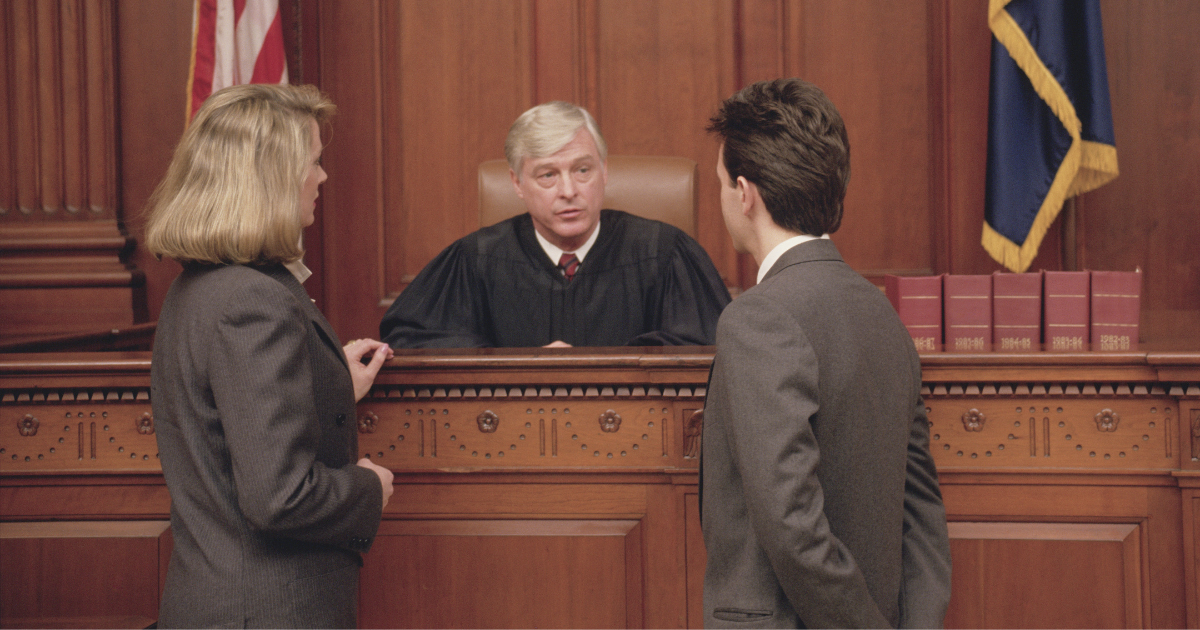Understanding Involuntary Addiction Treatment
If a judge orders a person to enter addiction treatment, you might think they wouldn’t find it as effective as someone who voluntarily goes. However, addiction treatment programs actively improve the overall health and wellness of people struggling with drugs or alcohol, regardless of admission type. Even after experiencing legal consequences, many people battling addiction don’t seek treatment on their own.
Addiction isn’t a moral failing; it’s a disorder. People can’t stop using drugs or alcohol. They face health, social, and legal harm. They may lose freedom, jobs, or parental rights. Judges may order rehab instead of jail. Drug courts allow treatment, not prison.
States and counties set rules for who can get court-ordered rehab. When the court tells someone to go to rehab, they must finish it with court oversight and prove they’re improving. Drug courts aim to help folks stay sober for good and improve their lives by cutting drug use, relapse, and re-arrest risks. Whether in a full-time rehab or going to AA or NA groups, research says staying in rehab longer boosts the odds of staying sober.
What is Court-Ordered Rehab?
Legally-mandated addiction treatment directly impacts the lives of those struggling with SUDs by offering rehab as an alternative to jail or prison time. Research shows that an estimated 65% of the U.S. prison population has an active SUD. While another 20% of the prison population didn’t meet the official criteria for SUD, those individuals were under the influence of drugs or alcohol at the time of their crime and would benefit from an alternative path to recovery.
Drug Courts
Drug courts are programs run by local criminal justice systems. There are more than 3,800 of these recidivism programs across the United States, according to the U.S. Department of Justice. Teams of judges, prosecutors, defense attorneys, social workers and addiction treatment providers work with individuals charged with non-violent crimes. Drug court participants are offered substance use treatment to help them avoid penalties like:
- Jail
- Prison
- Loss of employment
- Losing the custody of children
Court-ordered rehab programs specifically target adults and juveniles who commit lower-level offenses as a result of drug or alcohol dependency problems, including:
- Adults charged with or convicted of a crime
- Youth involved in the juvenile justice system
- Parents with pending child welfare cases
Individuals recently released from jail or prison can also be legally required to enter a treatment program as a condition of parole or probation.

Drug court participants might be ordered to enter different types of addiction treatment, like inpatient rehab or a 12-Step program.
Meeting the Criteria for Court-Ordered Rehab
Each state’s (or individual county’s) criminal justice system sets the requirements for court-ordered addiction treatment. When a person commits a crime related to drugs or alcohol, different factors play a role in whether a judge or prosecutor offers drug court as an alternative to jail sentences or fines, including:
- The severity of criminal charges
- A person’s criminal history
- What led the person to commit the crime
- If they have a problem with drugs or alcohol
- If they show they want to change their behavior
Different Types of Court-Ordered Rehab
Drug court participants might be ordered to enter different types of addiction treatment programs that depend on their charges, the severity of their SUD and individual needs. After an assessment of a person’s condition and charges, a drug court judge might recommend the following treatment programs:
- Medical Detoxification. Supervised, 24/7 care administered to participants who might be experiencing severe or life-threatening withdrawal symptoms.
- Inpatient Rehab/Residential Treatment. Inpatient rehab includes around-the-clock care and supervision at a remote facility. Drug court participants will have a safe and substance-free environment with a structured daily schedule of activities and behavioral health sessions.
- Intensive Outpatient. Drug court participants have the flexibility of weekly behavioral health appointments aimed at dealing with mental and emotional triggers at the rehab center. They then will be able to return home each night to maintain their daily home and work responsibilities.
Who Pays for Court-Ordered Rehab?
Ultimately, the defendant pays for treatment. They choose the facility based on treatment length and severity. A judge may order a 30-day residential program and outpatient care. The defendant must find a suitable facility.
Their family or insurance company can then help them cover the cost of treatment, which can be a long-term investment that improves their overall quality of life. Most rehab centers accept private insurance and may also receive state funding (Medicaid) to help pay for treatment. If you’re sentenced to drug or alcohol rehab and have questions about the cost of a treatment program, call your insurance provider to see if they’ll help you pay for some of, if not all of it.
Learn More About Treatment Options
If you or someone you know struggles to control their drinking or drug use and is looking for an addiction treatment program that fits a court order, call 888-448-0302 to connect with a recovery specialist. The confidential phone line is open 24/7. Learn more about addiction recovery services or the admissions process.
Click here to see a full list of addiction treatment centers near you.

Choose Recovery Over Addiction
We're here 24/7 to help you get the care you need to live life on your terms, without drugs or alcohol. Talk to our recovery specialists today and learn about our integrated treatment programs.




